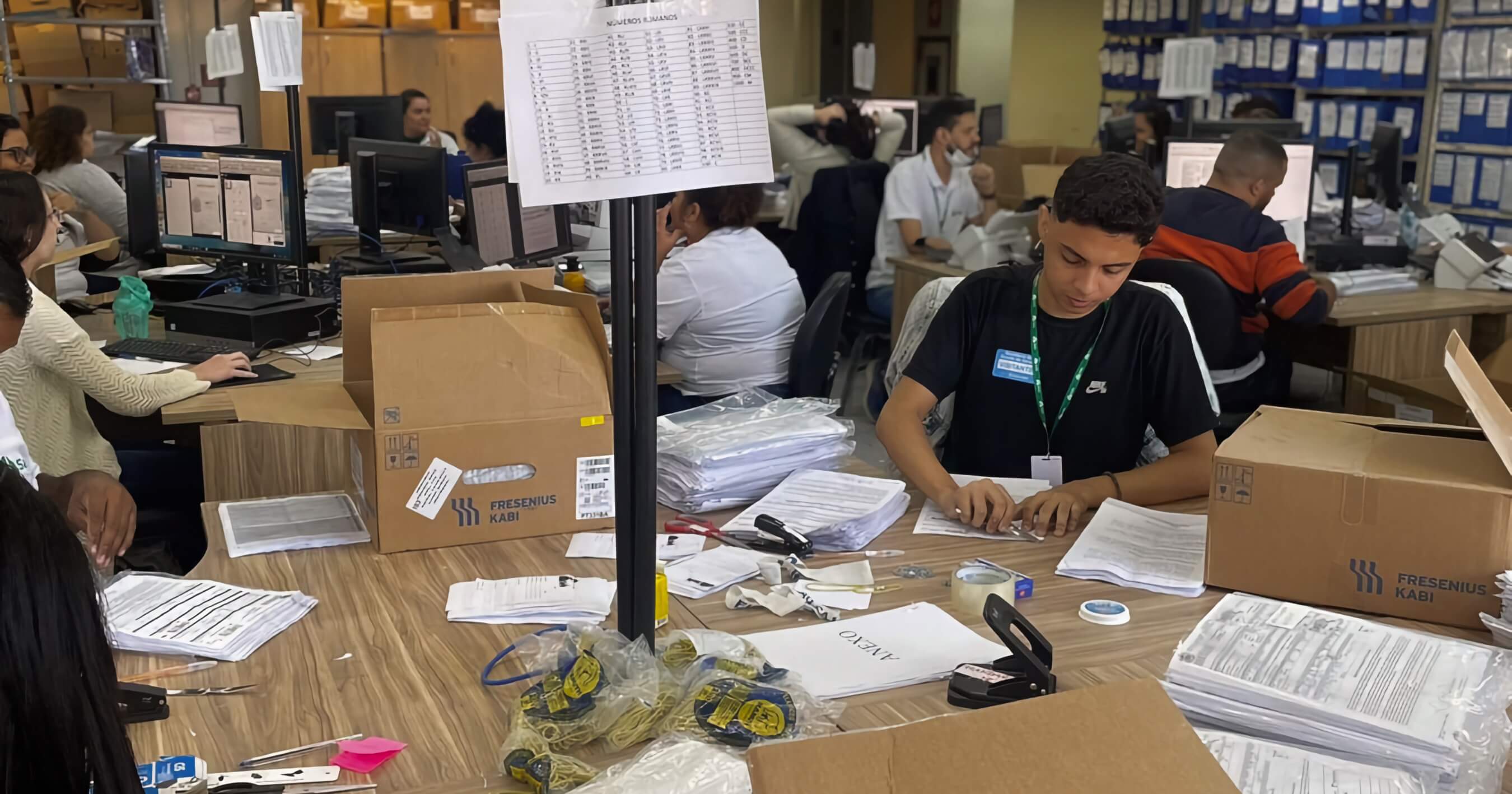Nobel Prize winner, Wisława Szymborska's work preserved forever

Wisława Szymborska was a Polish poet, essayist, translator and recipient of the 1996 Nobel Prize in Literature, for “poetry that with ironic precision allows the historical and biological context to come to light in fragments of human reality”.
Her iconic collection of poetry, letters and other written works have been stored on a future proof digital medium, designed to last for at least 1000 years in the secure vault.
Joining her Nobel Prize peer, Olga Tokarczuk, her works now sit alongside other global treasures such as ancient manuscripts, heritage motion picture, modern and classic masterpieces, among many others.
“I think she would have liked it very much, it is remarkable that her poetry will be found next to the constitutions of many countries and the greatest digitized works of art in the world.
said Michał Rusinek, the president of the Wislawa Szymborska Foundation.
The deposit has been made possible by the Wisława Szymborska Foundation, via Piql Poland.
Piql, the technology behind perpetual digital storage
The Arctic World Archive was founded in 2017 by the Norwegian company Piql AS, which in 2002 developed an innovative technology of transforming 35-millimeter photosensitive film into a digital data carrier.
This innovative method is a response to the changing needs of the digital revolution. Global digital assets double every 2 years, about 10% of hard drives fail after 4 years, the cost of digital data security is increasing every year.
piqlFilm is currently the safest and most durable data carrier in the world, tested to survive for over 1000 years. Wislawa’s works have been stored both digitally and as a visual representation.
Piql services are offered around the world through a network of trusted partners. This deposit was arranged through Piql Poland.
The Arctic World Archive
AWA is located 300 metres inside a decommissioned coal mine on the remote Norwegian Island of Svalbard, holding digital treasures from around the world.
Svalbard was chosen as the location for a global memory repository, for its status as a declared demilitarised zone by 42 nations, offering both geographical and political stability. Further, the cool dry permafrost conditions increase the longevity of the stored data.
In this era, much of our heritage is stored digitally and, despite best efforts to protect it for the future, it can be exposed to risks, either from the online environment or just from the limits of modern storage technology.
The combination of resilient long-term storage technology and the safety offered by AWA, data will live on into the distant future.


